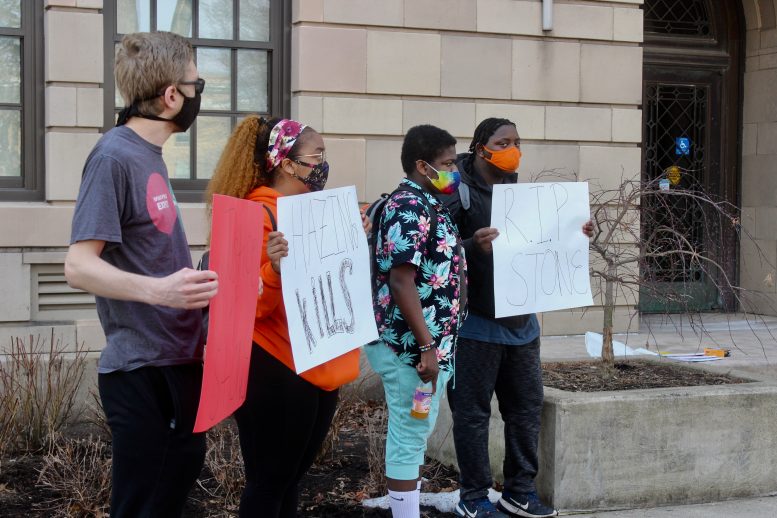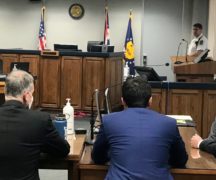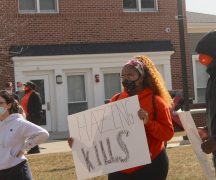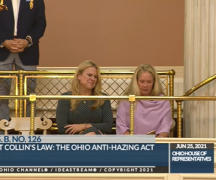A new anti-hazing law has passed the Ohio House and is now headed to Gov. Mike DeWine for his signature.
Senate Bill 126, also known as Collin’s Law: The Ohio Anti-Hazing Act, passed the House unanimously Friday, after passing the Senate unanimously the previous week.
It increases the consequences for students convicted of hazing.
The Ohio Capital Journal summarized the bill recently.
The law “would include increase the existing penalty for hazing to a second-degree misdemeanor, and new bans for ‘recklessly participating’ in hazing including forced consumption of alcohol or drugs, by an individual, official or even a parent or guardian.
“’Special officials’ are named as part of the new hazing legislation, who would be subject to criminal charges if they were found to permit hazing. Those officials include an organization or education institution’s officials, employees, faculty members, teachers, consultants, alumni or volunteers.
“Violation of those new bans would result in a third-degree felony, and failure to report to law enforcement knowledge of hazing a fourth-degree misdemeanor.
“If … signed into law, the state Chancellor of Higher Education would be required to adopt a statewide educational plan to prevent hazing at institutions, and each public and private institution of higher education would be required to adopt an anti-hazing policy and provide training to students and faculty.”
Kunze advocated for the bill in the previous session when she was in the House. That legislation stalled in a Senate committee. It gained new impetus after the death of Bowling Green State University sophomore Stone Foltz in March in an alleged hazing incident.
The bill is named for Collin Wiant, an Ohio University student who died during a hazing incident in 2018.





